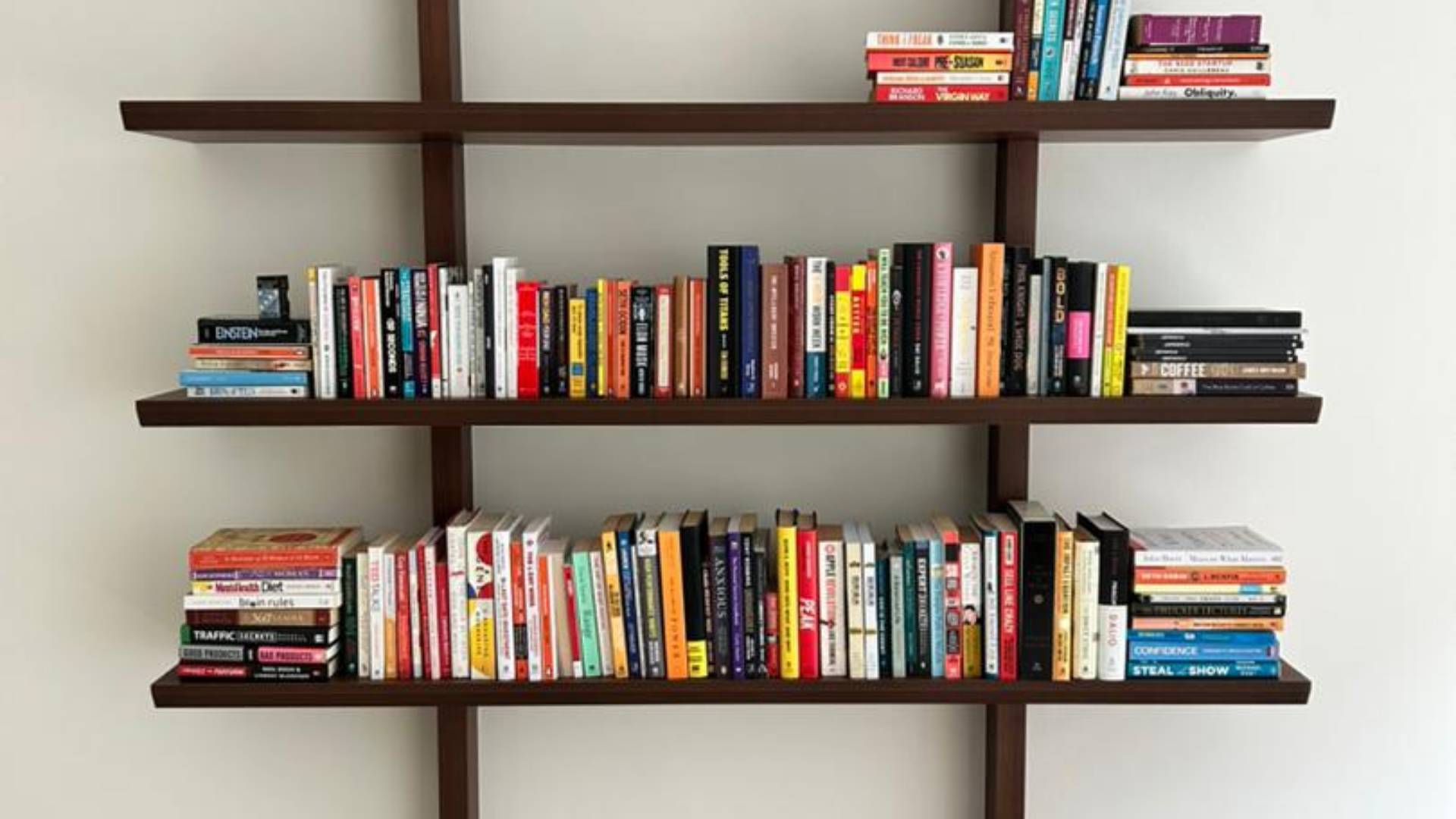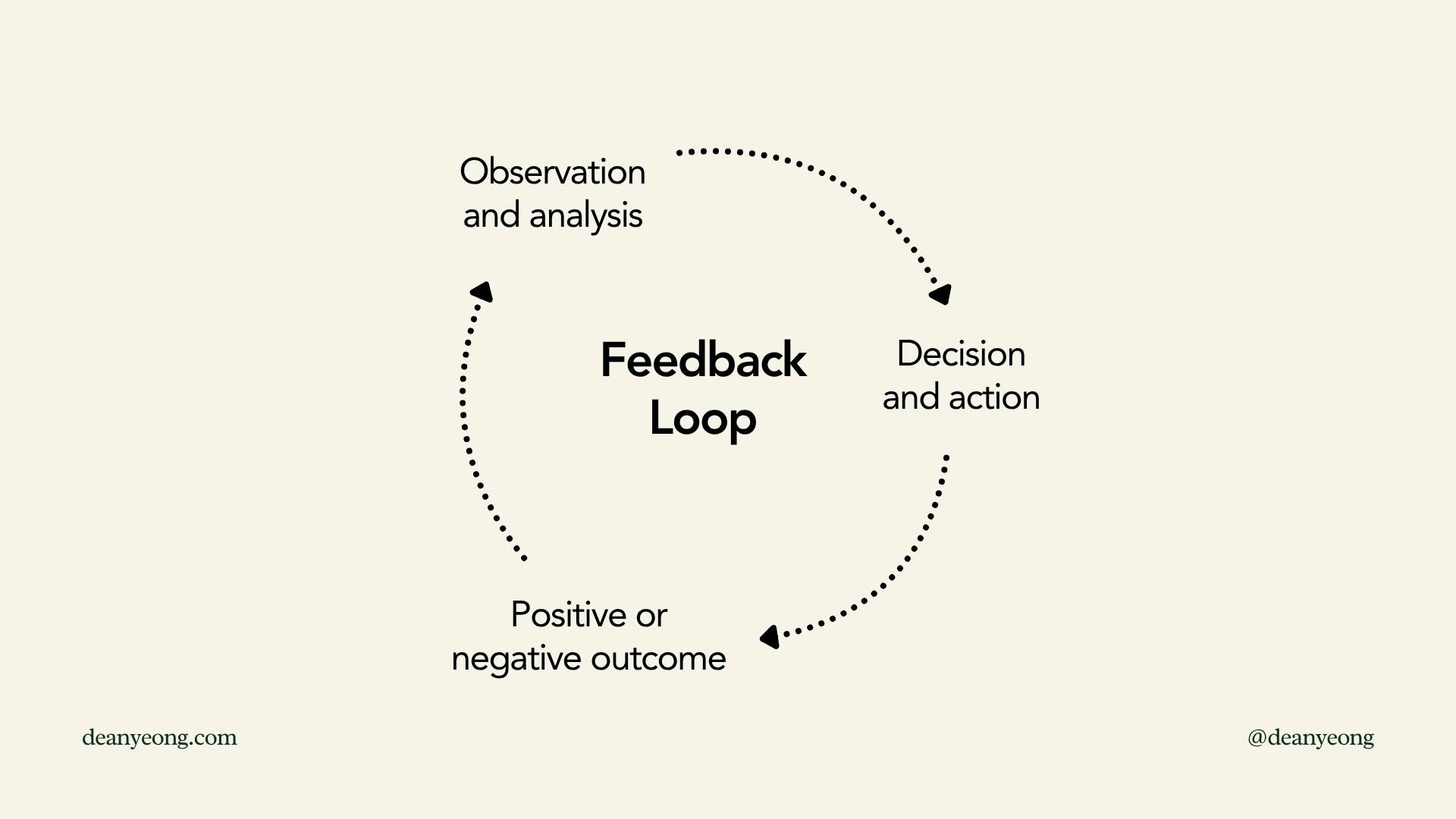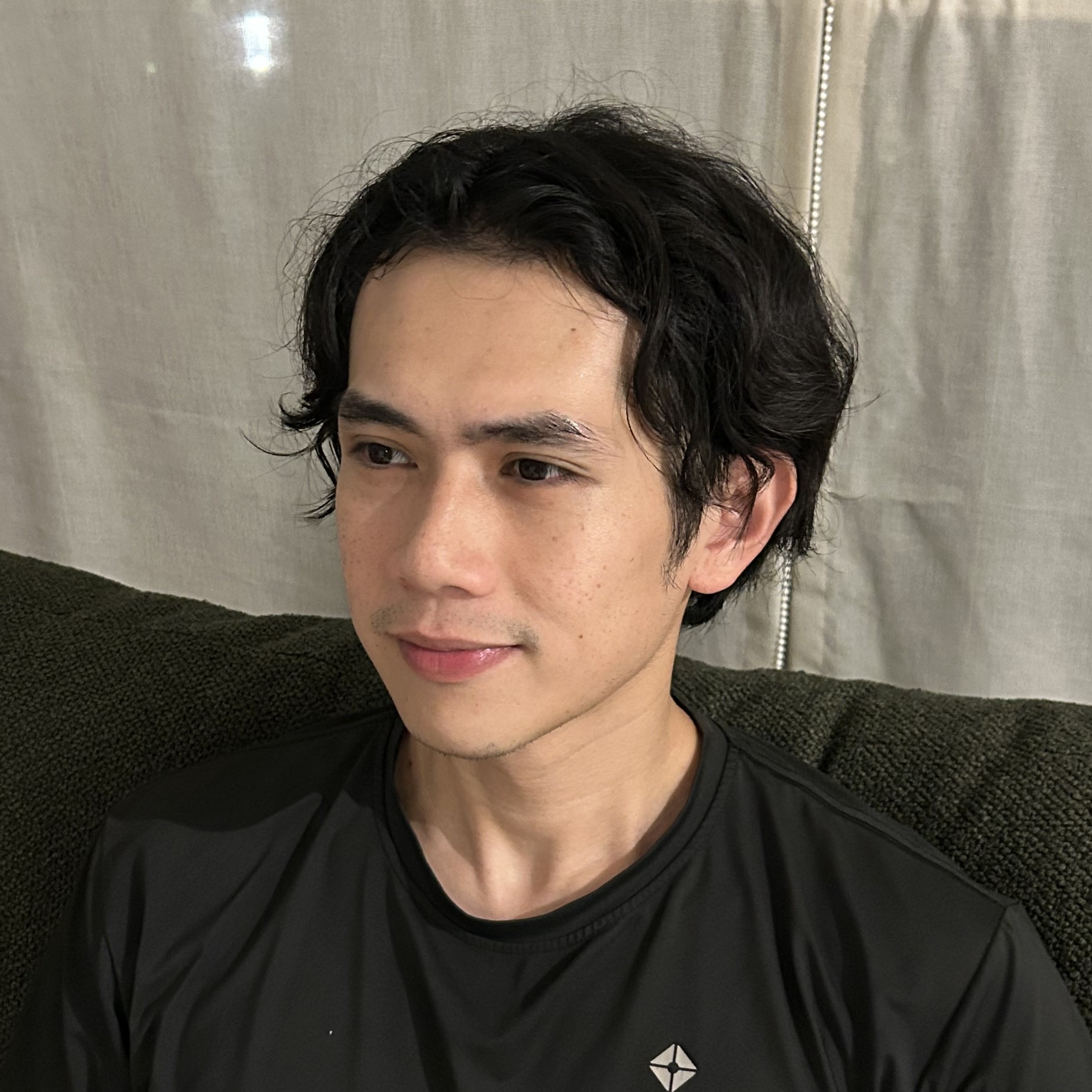Why More Knowledge Won't Help You
You Don’t Need More Knowledge, You Need More Feedback
A few years ago, I visited a friend’s apartment.
He had every self-help book ever printed — Atomic Habits, Deep Work, The 4-Hour Work Week. Each spine gleamed like a badge of discipline.
He told me how the books changed his mindset, how each added a new lens to life. But as we talked, I realized something familiar. He still hated his job. Still talked about starting a business someday.

Later that night, I looked at my own shelf — same titles, same illusion of progress. I’d been reading, highlighting, and collecting ideas for years. Yet my results hadn’t moved nearly as much as I’d hoped. That’s when it hit me:
Knowledge is easy to acquire now. But real learning only happens when you face feedback.
The Illusion of Knowing
We live in a time when information is abundant and almost free. You can learn anything — from coding to stoicism — on YouTube. You can summarize an entire MBA in a weekend.
And yet, so many of us feel stuck.
We confuse exposure to information with integration of knowledge. We highlight quotes, take notes, and save articles, but those actions are all internal. They make us feel like we’re improving, even when nothing changes in the outside world.
The glow of progress feels real. Until you realize nothing around you has changed.
Psychologists call this the illusion of explanatory depth — the belief that we understand something better than we actually do. You think you know how a zipper works until you have to explain it.
The same happens with self-improvement. You think you’ve mastered “delayed gratification” or “first-principles thinking,” but when reality tests you, you realize you’ve only memorized the idea. You haven’t lived it yet.
The Knowledge–Execution gap
I once wrote about the Knowledge–Execution Gap — the space between what we know and what we actually do. It’s the reason someone can recite every productivity hack yet still feel overwhelmed every morning.
That gap doesn’t close with more information. It closes with feedback.
Feedback is reality’s response to your actions.
It’s data from the world showing you what works and what doesn’t. It’s the client who doesn’t buy, the email that gets no replies, the body that doesn’t change after a month of workouts.
Sometimes feedback is silence. Sometimes it’s soreness. Sometimes it’s a spreadsheet full of red numbers. But it’s all data.
You can read a dozen guides on public speaking, but until you stand in front of a room and forget your lines, you won’t really understand stage fright or how to manage it. You can study entrepreneurship for years, but until you launch something and face rejection, you won’t know what people truly value.

Every skill, every craft, every breakthrough is built on a loop: act → observe → adjust → repeat.
Knowledge gives you the first step. Feedback completes the loop.
Why Feedback Feels Hard
If feedback is so powerful, why do we avoid it?
Because feedback hurts. It exposes the gap between who we think we are and who we really are. When you publish your first article and it gets two views, you confront your real skill level as a writer. When your business idea flops, you see that your “great insight” wasn’t that great.
I know because I’ve done it — tweaking plans endlessly, convincing myself the next idea would finally be “the one.” It felt safe, but nothing changed.
Our ego resists this pain. So we stay in the comfort of theory, reading just one more book, taking just one more course, telling ourselves we’re “not ready yet.”
But avoiding feedback also avoids growth.
That’s how people fall into what I call “shelf-help” — collecting more and more ideas without putting any of them into practice. The shelf grows heavier, but the person doesn’t.
Feedback Is the Real Teacher
Think of the Wright brothers. They didn’t invent flight by reading about aerodynamics. They built crude gliders, watched them crash, and learned from each failure. Their notebooks were filled with notes on angles, wind speeds, and broken wings. Every attempt was feedback.
Or think about how toddlers learn to walk. They don’t study biomechanics. They take a step, fall, adjust, and try again. The process is messy, but the feedback loop is immediate.
Adults forget this. We crave certainty before acting. But certainty is something you earn through feedback, not before it.
Every meaningful skill — writing, leading, negotiating, managing, investing — is shaped by the same principle. Theory can guide you, but experience calibrates your understanding.
How to Get More Feedback
So, how do we make feedback part of daily life? Not through big changes — but small loops.
1. Shorten the feedback loop
Don’t wait months to see if something works. Act on a smaller scale and learn faster.
If you’re building a business, launch a small offer this week. If you’re learning to write, publish one post a week instead of perfecting a book. If you’re improving your health, track one habit — like sleep or steps — instead of overhauling everything.
The faster you loop, the faster you learn.
2. Make feedback visible
Most people rely on memory, which smooths the edges. Journals reveal the truth.
- Keep a record of what you tried and what happened.
- Use metrics where possible — open rates, reps lifted, hours focused.
- Ask someone you trust to review your work.
The goal isn’t to judge yourself but to gather data. Treat your life like an experiment.
3. Seek discomfort, not confirmation
Real feedback rarely feels good. That’s why it’s valuable. If everyone agrees with you, you’re not learning. You’re performing.
Invite critique from people who know what excellence looks like. A good mentor, coach, or peer will point out blind spots you can’t see. But you must be open enough to receive it.
4. Stop hoarding information
If you catch yourself consuming without applying, pause. Ask: What am I trying to avoid doing right now?
Information can be a form of procrastination. You think you’re preparing, but you’re really hiding. Before you buy another book or sign up for another course, ask yourself: Have I fully implemented what I already know?
Most of us already have enough ideas to keep us busy for years. The problem isn’t knowing too little. It’s acting too little.
The Compounding Effect of Feedback
The beauty of feedback is that it compounds.
The first time you act, the signal is noisy. But as you repeat, patterns emerge. You start to see what consistently works and what doesn’t. You calibrate faster. You gain judgment.
Feedback turns raw experience into refined wisdom, like heat turns clay into stone. Knowledge compounds only when it passes through the filter of experience.
That’s why people who take small, consistent actions often outpace those who overthink big, perfect plans. They’re learning directly from the world, rather than theorizing in isolation.
Closing Reflection
Reading changes how you think. Feedback changes how you act. And it’s the latter that changes your life.
So, here’s something to reflect on:
- What’s one idea you’ve learned for months but haven’t tested yet?
- What would happen if you took one small action today — not to succeed, but to learn?
The next chapter of growth isn’t in another book. It’s in what you dare to test next.


